Work
About
Contact
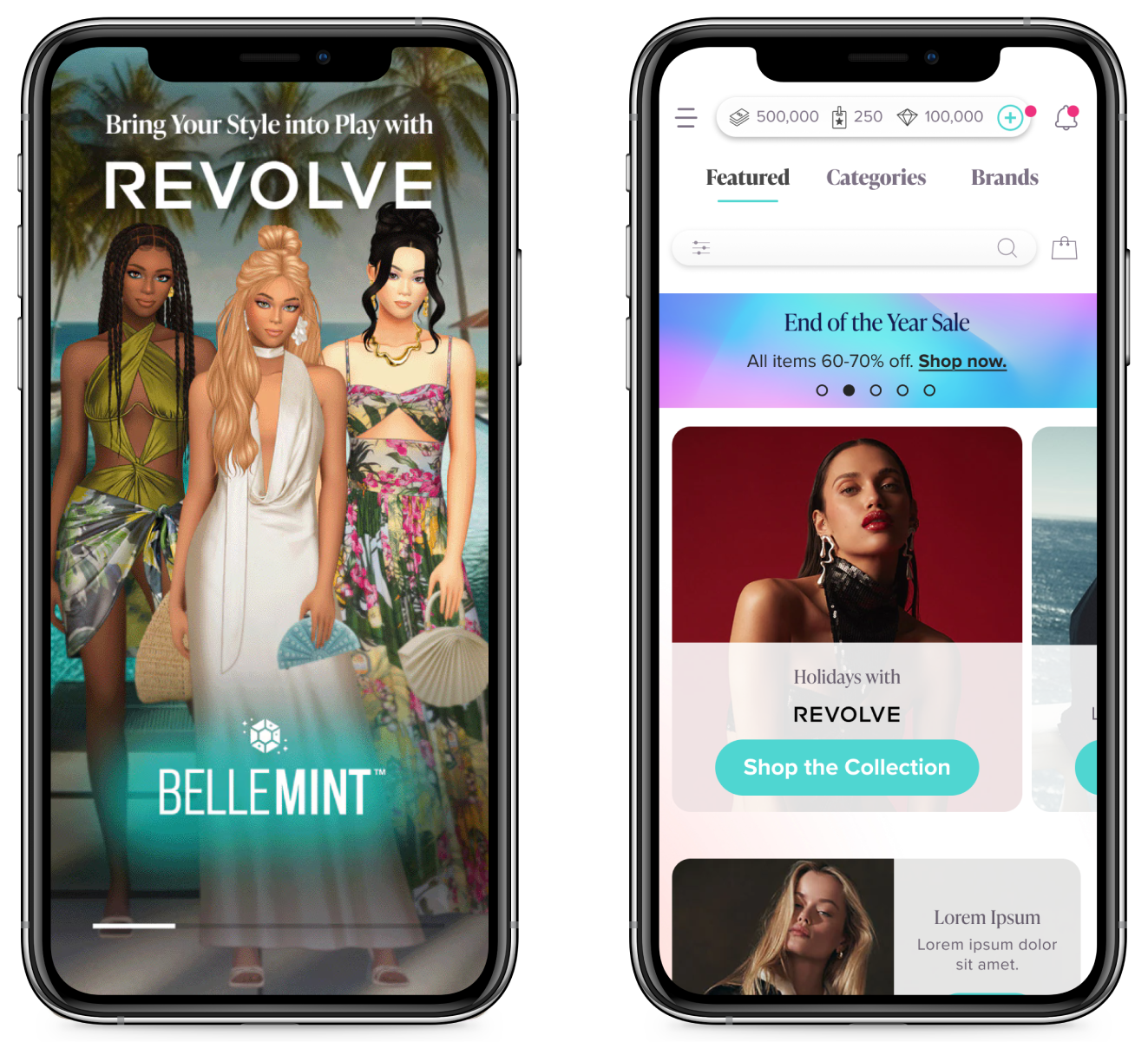

X
Belle Boutique Shopping Experience
Bellemint is a mobile fashion styling game from Muus Collective in partnership with REVOLVE. Players style looks, join daily challenges, vote on other looks, and can buy the real items on REVOLVE and FWRD through an in app shopping flow. I designed the shopping flow from search and discovery to browsing and purchase.
Role
Product Designer
Timeline
1 Month
Impact at a glance
1.4 million styled looks and $252 AOV upon launch
Responsibilities
UX Design
UI DesignInformation Architecture
Challenge
Merging Play and Real World Shopping
This project aimed to merge mobile play with real world shopping.The goal was a single simple path that lets players buy in game items for challenges or the same products in real life, all inside a brand forward experience that feels natural and easy to complete.
Delivery
Clear paths from browse to buy
We set out to surface the best of the community, without the noise. The goal was to design an AI-powered comment summarizer that made it easier to understand the general sentiment, pros, and cons of a deal, so users could make informed decisions quickly.
Belle Boutique Landing Screen
A visual starting point from the shopping tab. It follows familiar ecommerce patterns, spotlights featured sales and collections, and personalizes picks based on recent activity and past purchases
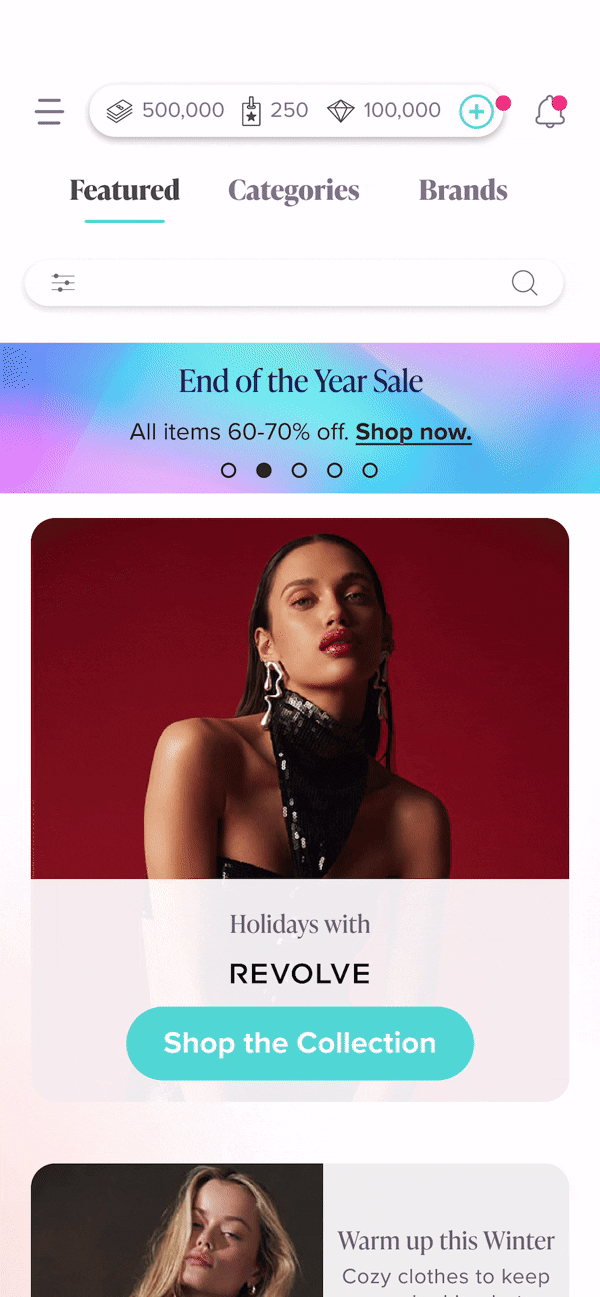
Categories for faster wayfinding
For users who prefer to search or browse by category, the Category tab offers both grid and list views organized by product type. From there, players open a dedicated category page with filters and sorting to narrow quickly.
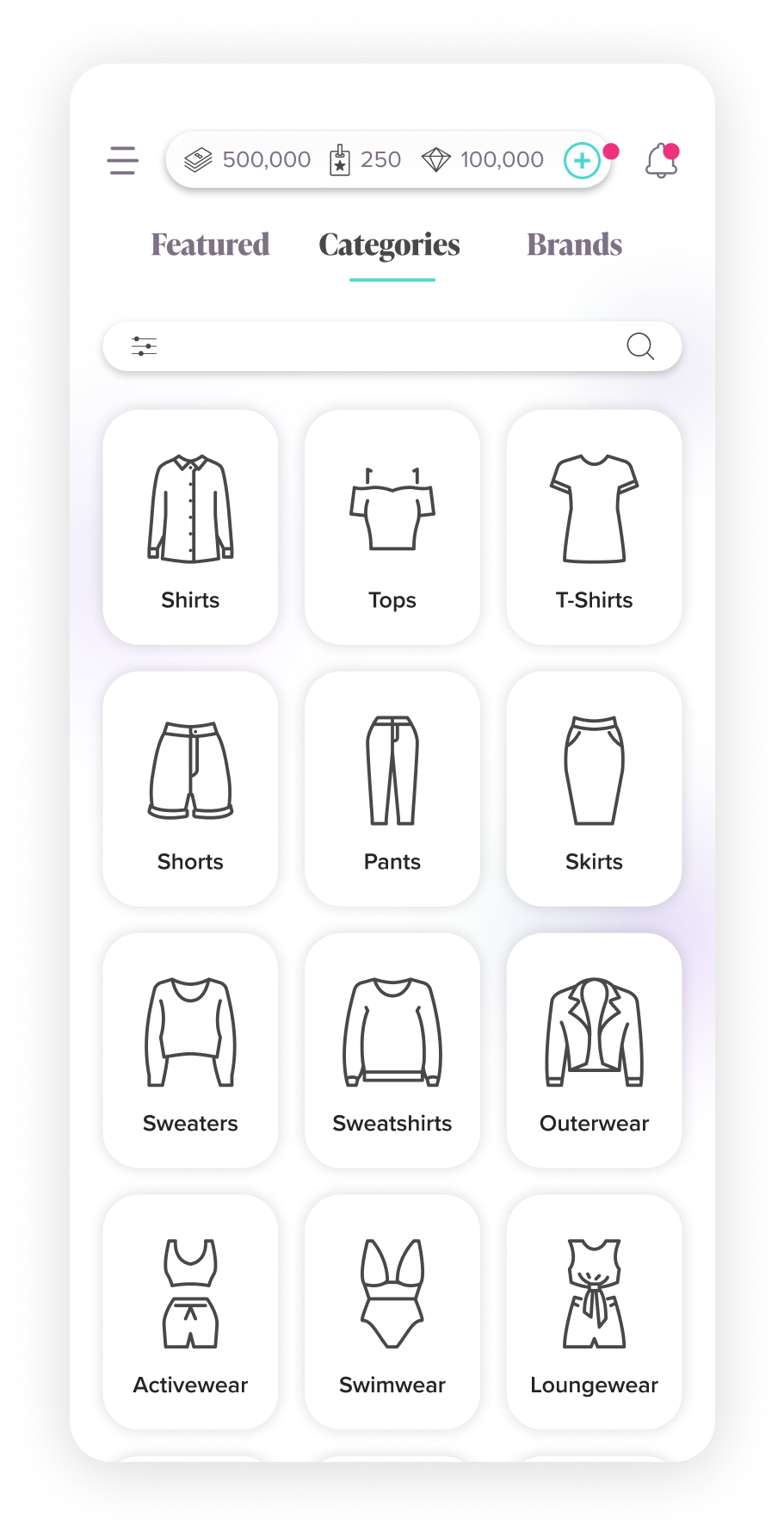
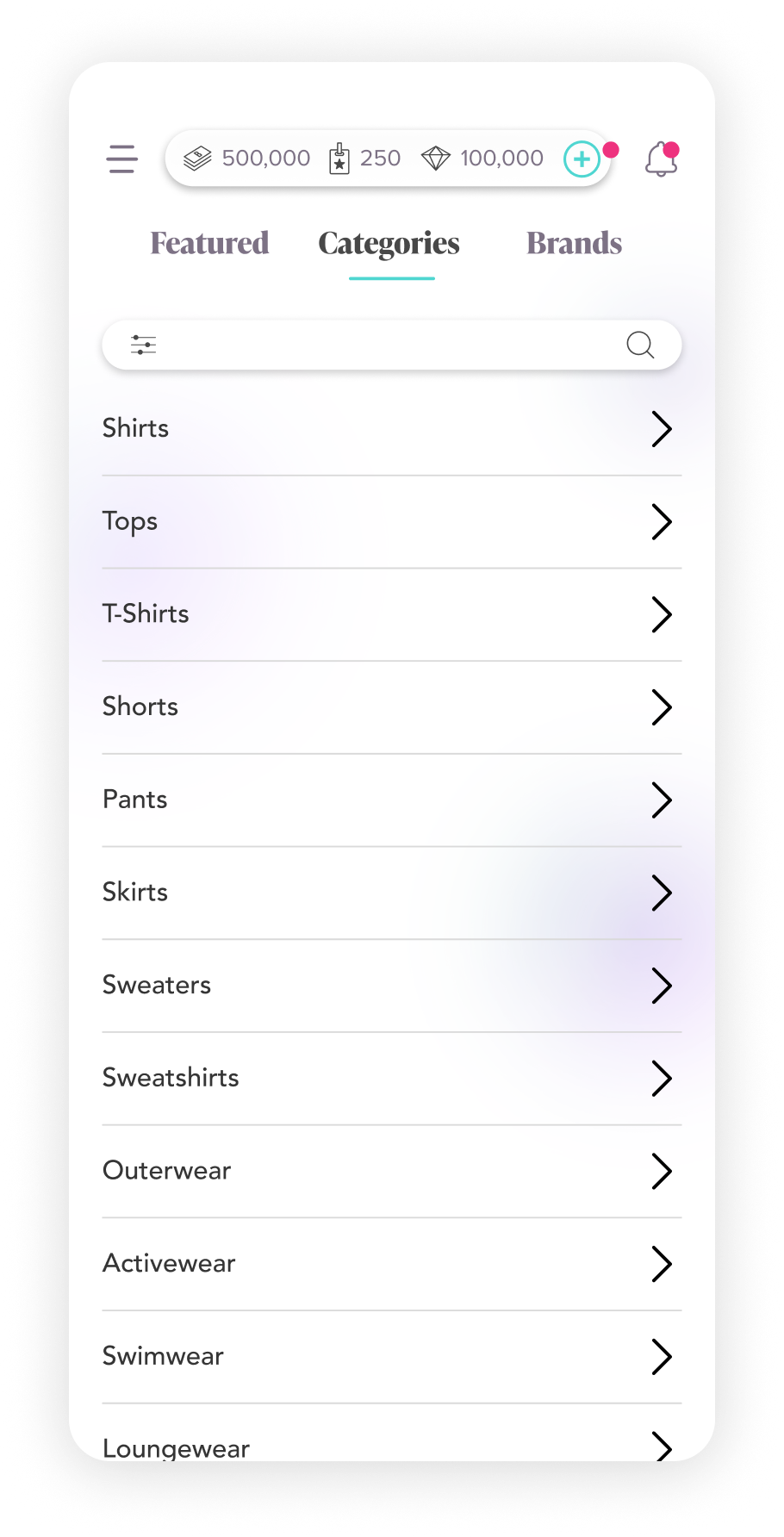
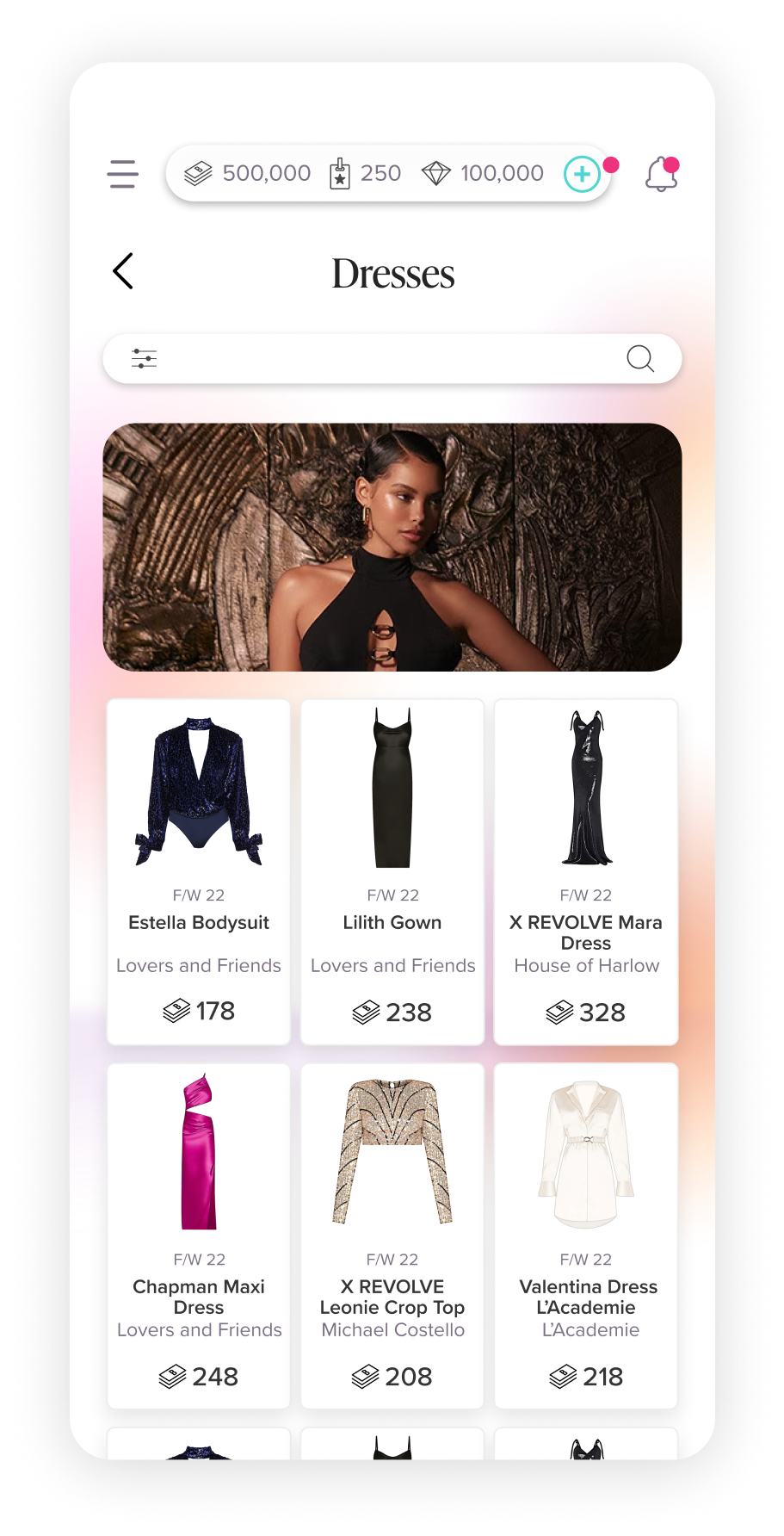
Brand search for direct intent
The Brands tab lets users explore all REVOLVE/FWRD partner brands in either grid or list view, with the list arranged alphabetically and a jump by letter option for quick navigation. Selecting a brand opens a short partner blurb and the option to favorite it for quick access later. From there, users can choose to shop in game or in real life.
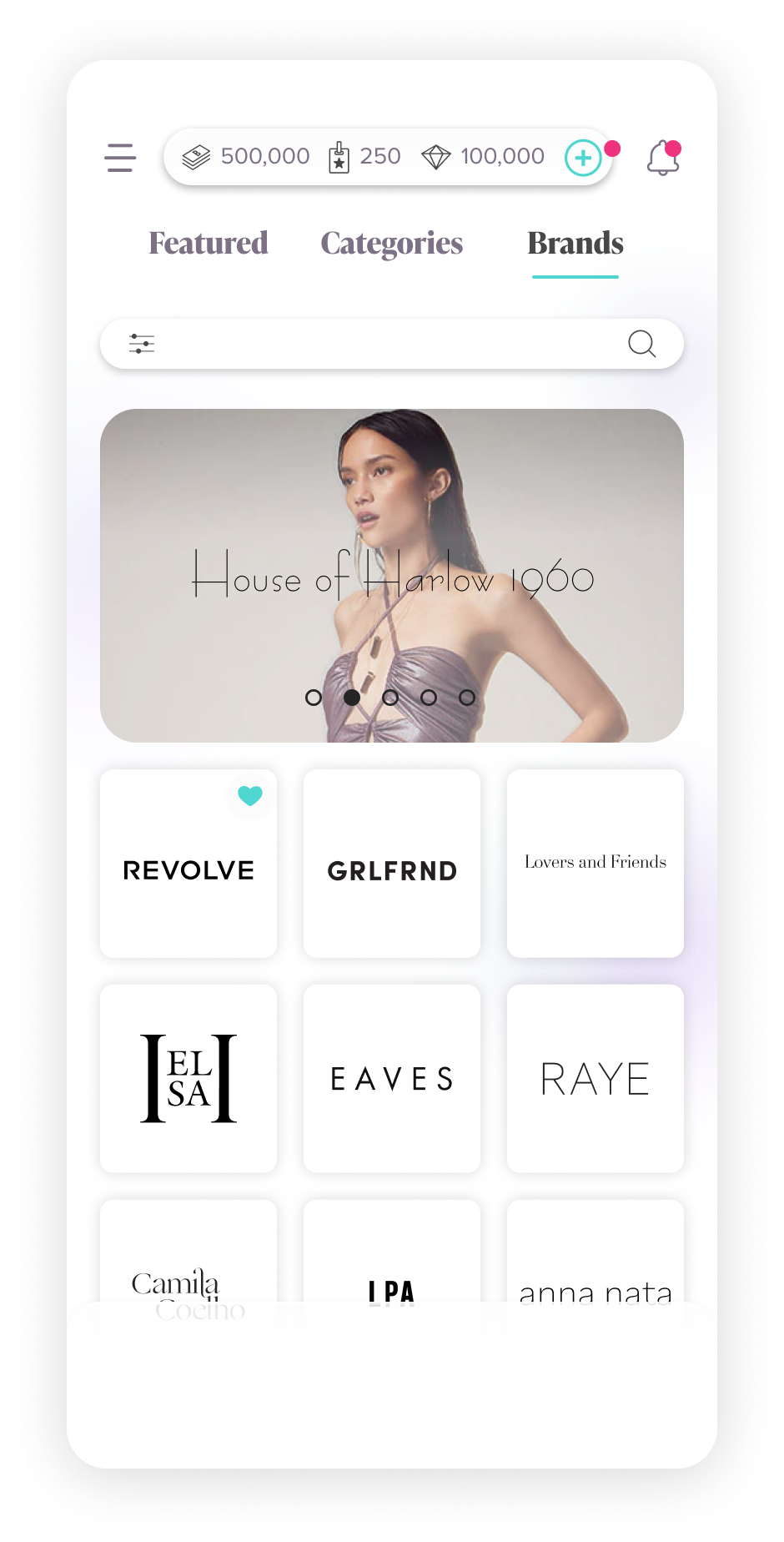
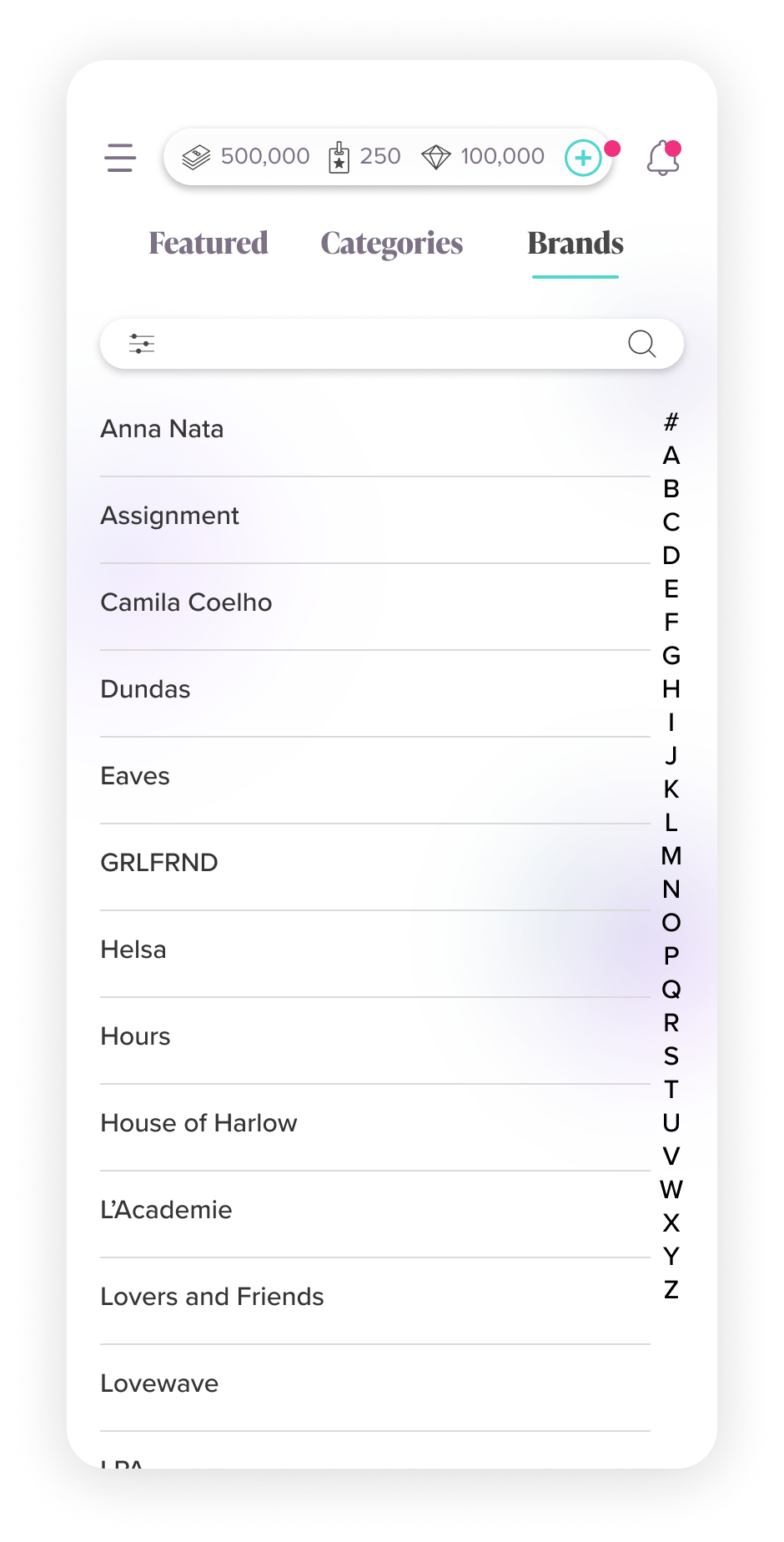
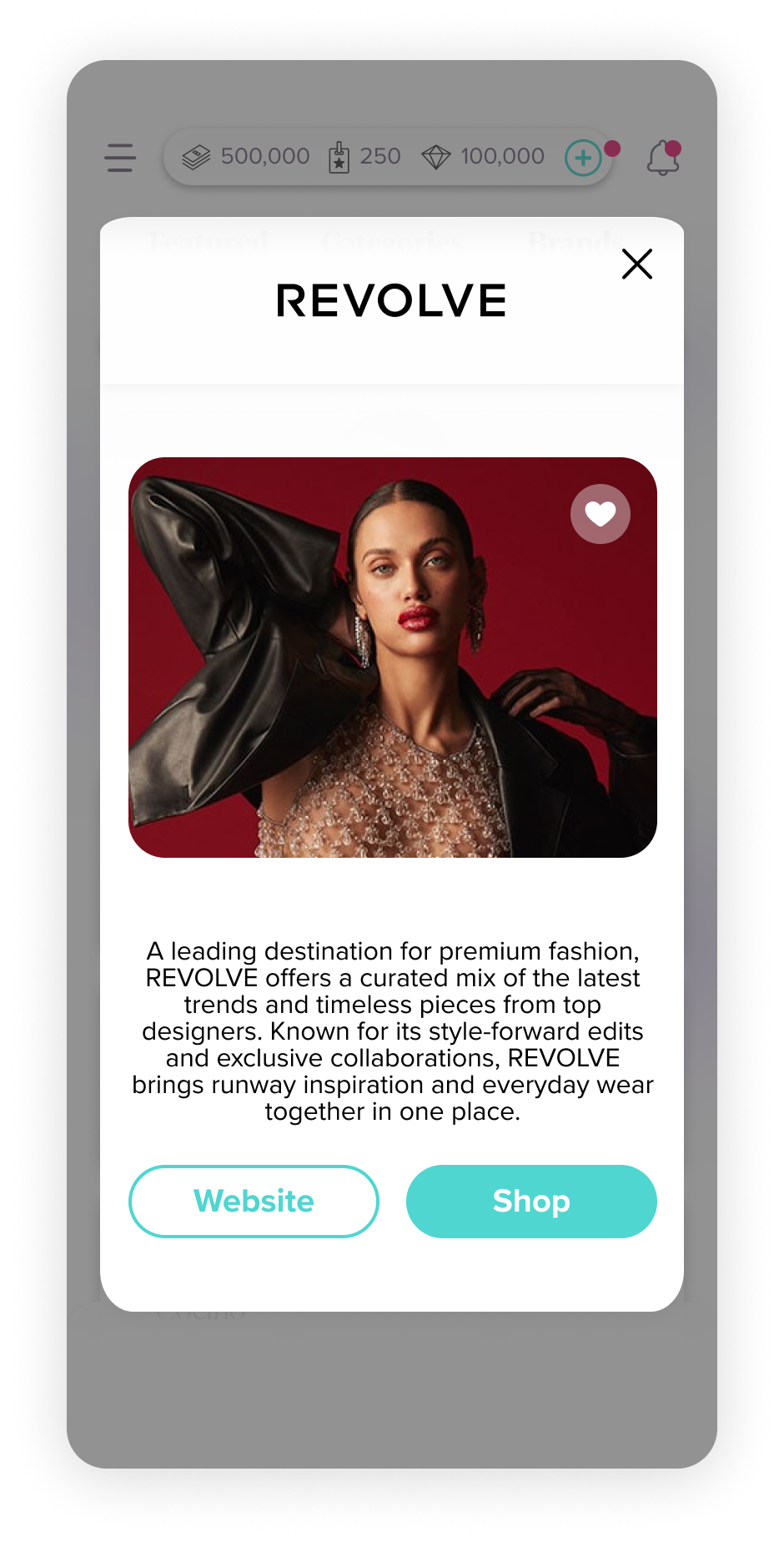
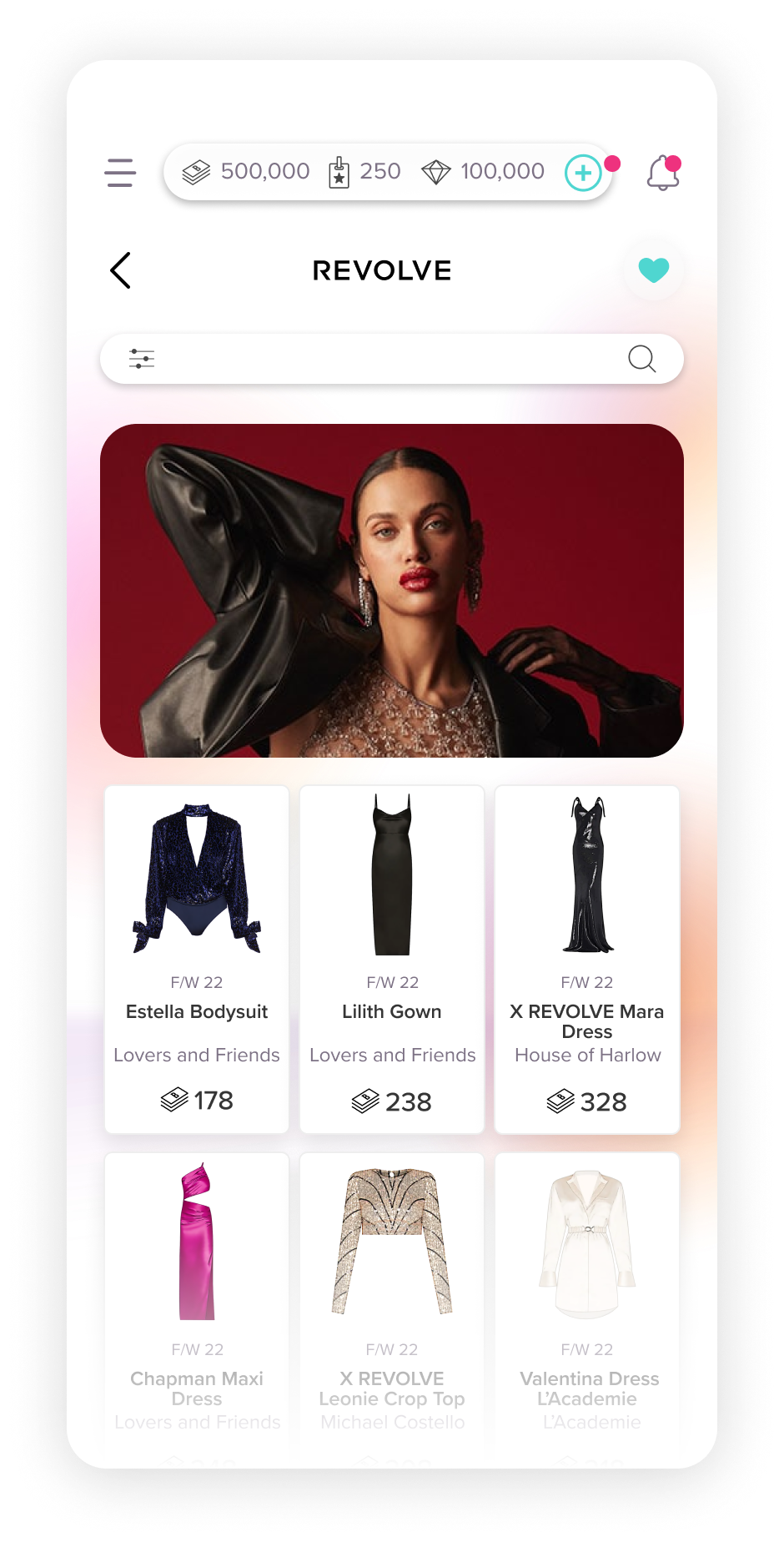
Purchase Flow
I designed the fitting room where users can try garments on their avatar and choose to buy immediately, add items to a shopping bag, or purchase the real garment on REVOLVE or FWRD. For in game purchases, I created the shopping bag and confirmation screen, keeping pricing, rewards, and wallet balance visible so the choice feels clear and informed.
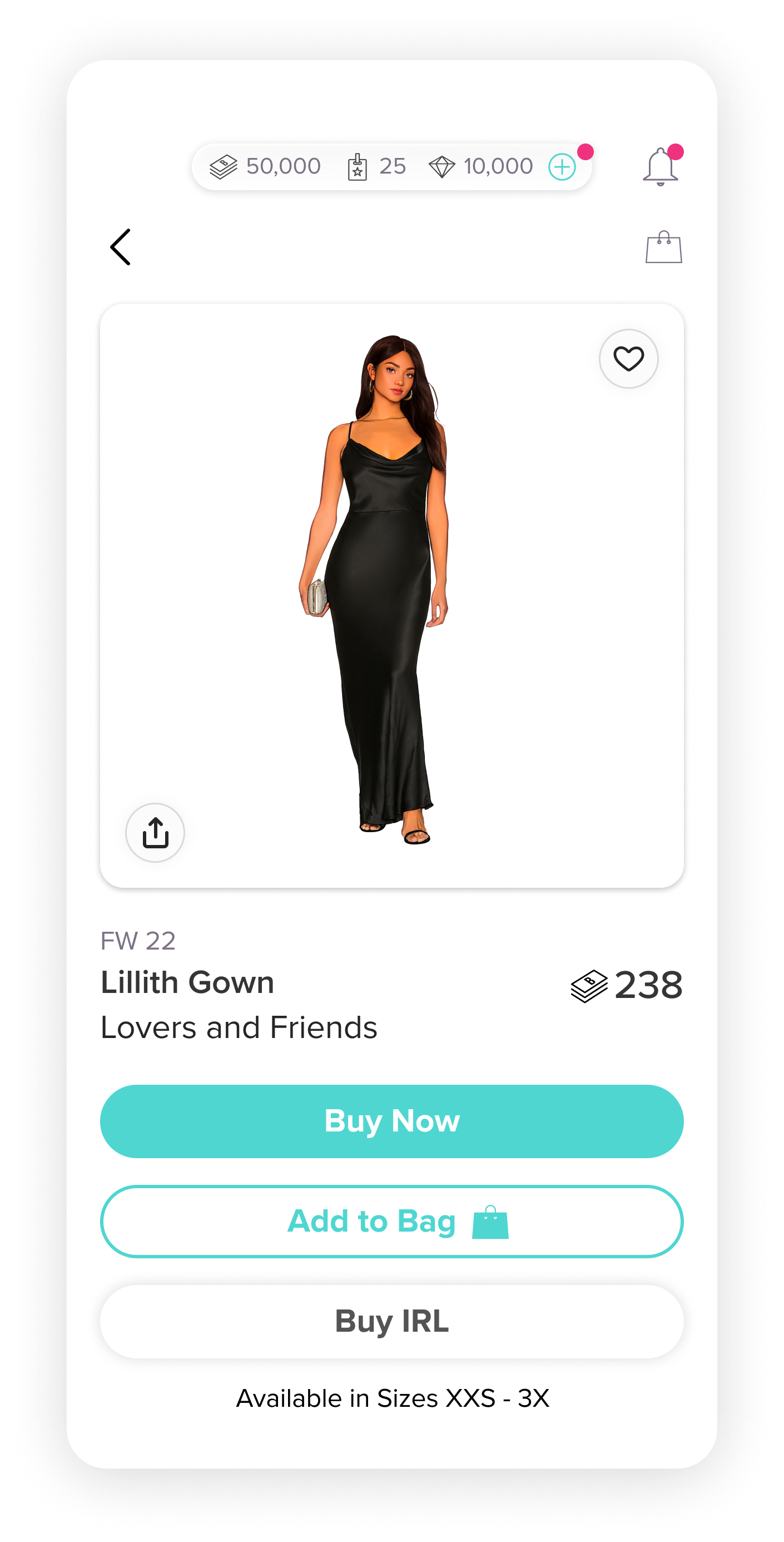
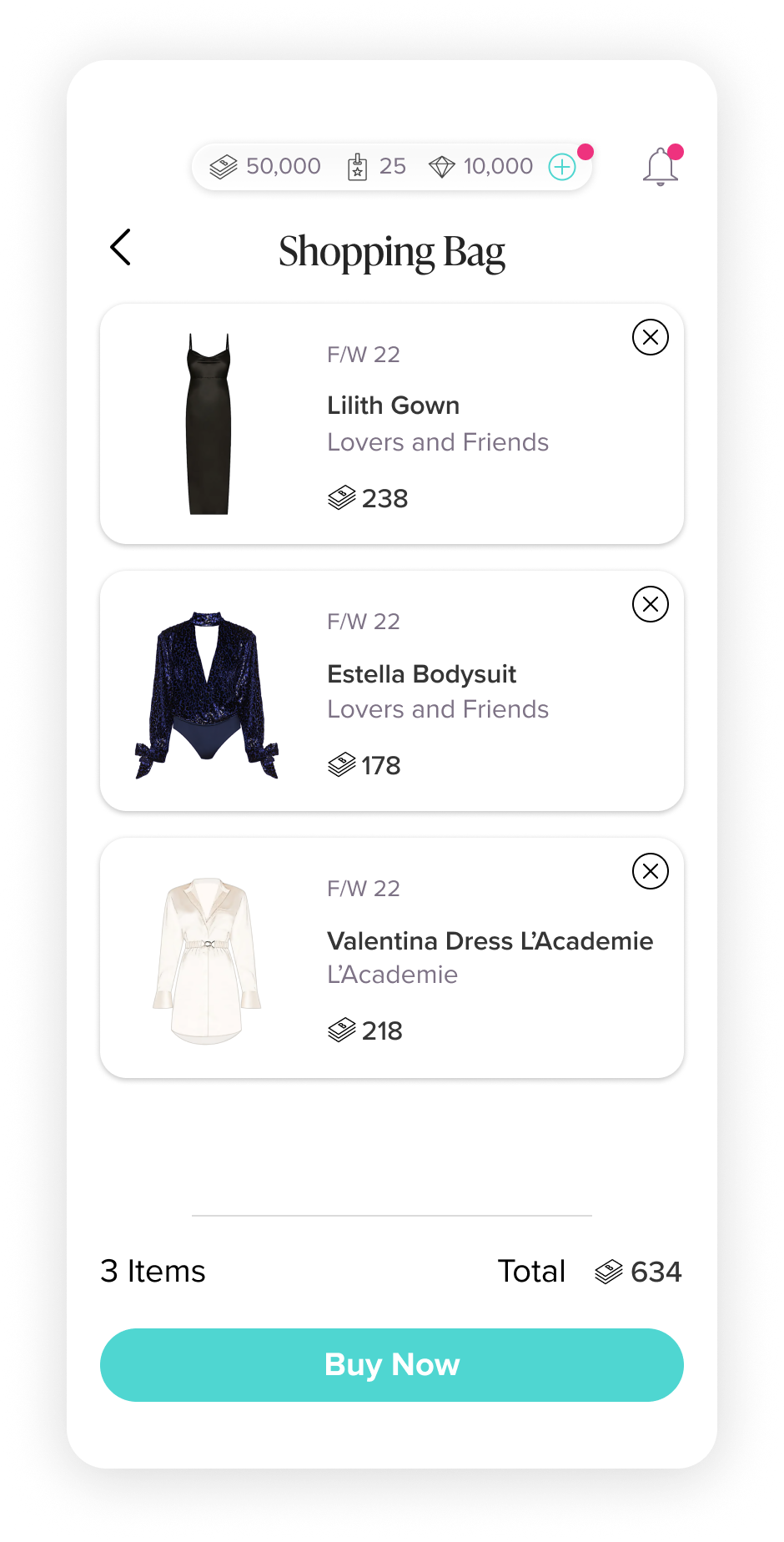
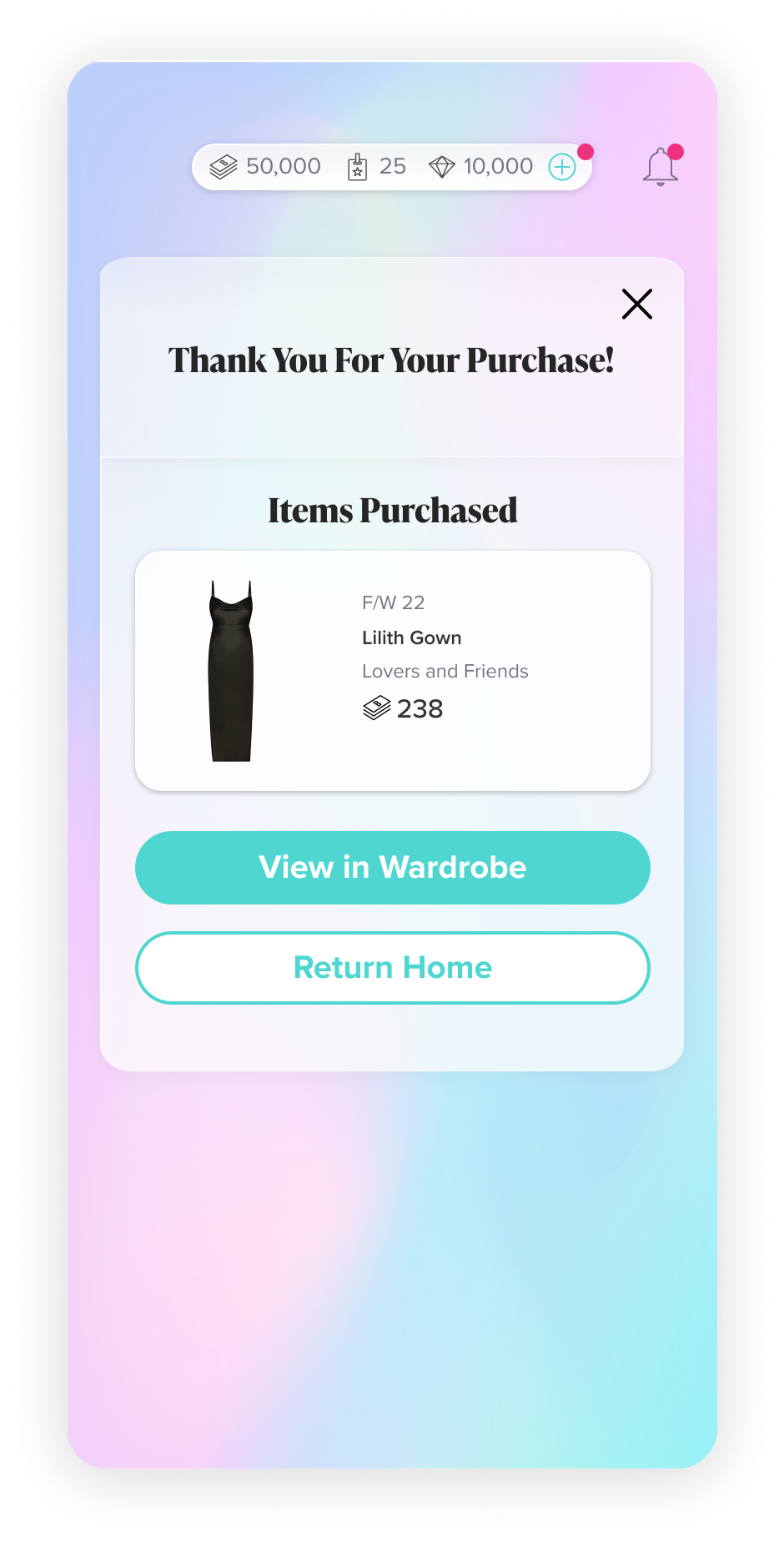
Outcome
Early wins, and a glimpse of what’s possible
At launch, Bellemint saw over 1.4 million styled looks created, with players spending an average of 35 in the app each day. The shopping flow contributed to a $252 dollar AOV on purchases driven from the game to REVOLVE, demonstrating strong engagement and conversion from both in game and real world shopping paths.
Up Next
Thanks for Reading
Thanks for taking the time to read this case study, I hope it gave you a glimpse into how thoughtful design can make AI more useful, human, and trustworthy.
If you're curious to see more, feel free to check out my other case studies:
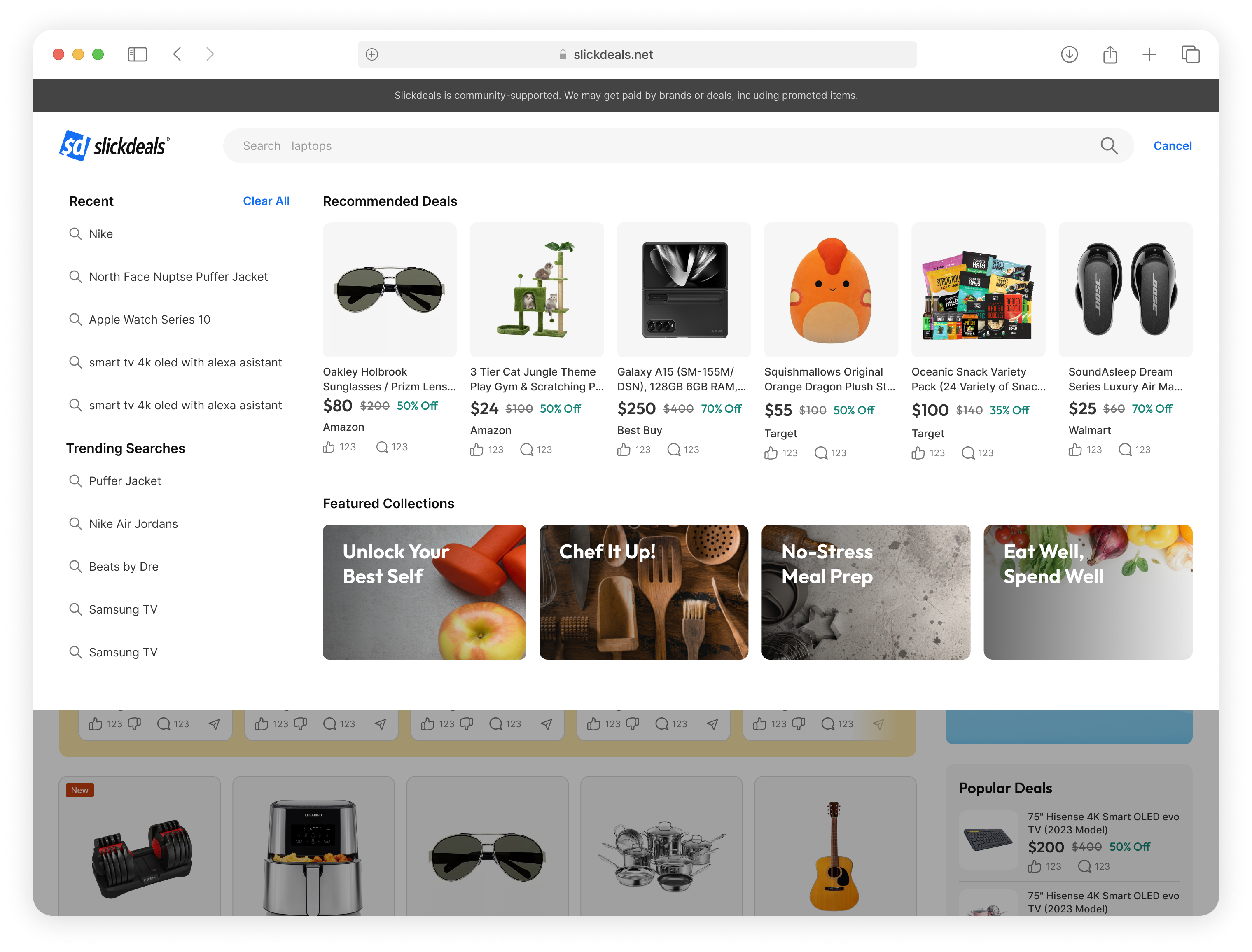
Slickdeals Search Redesign
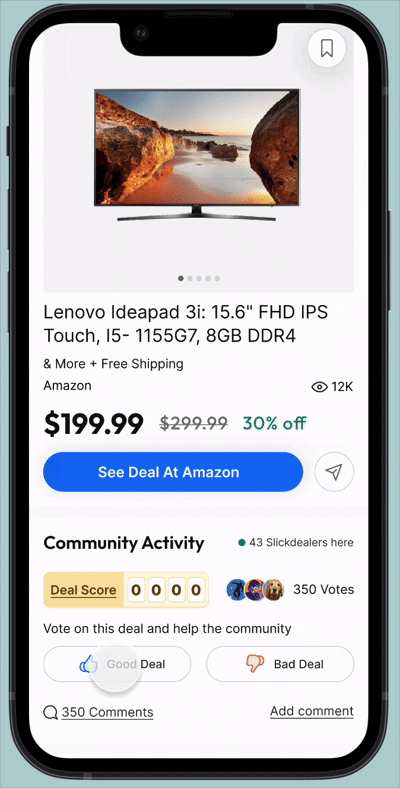
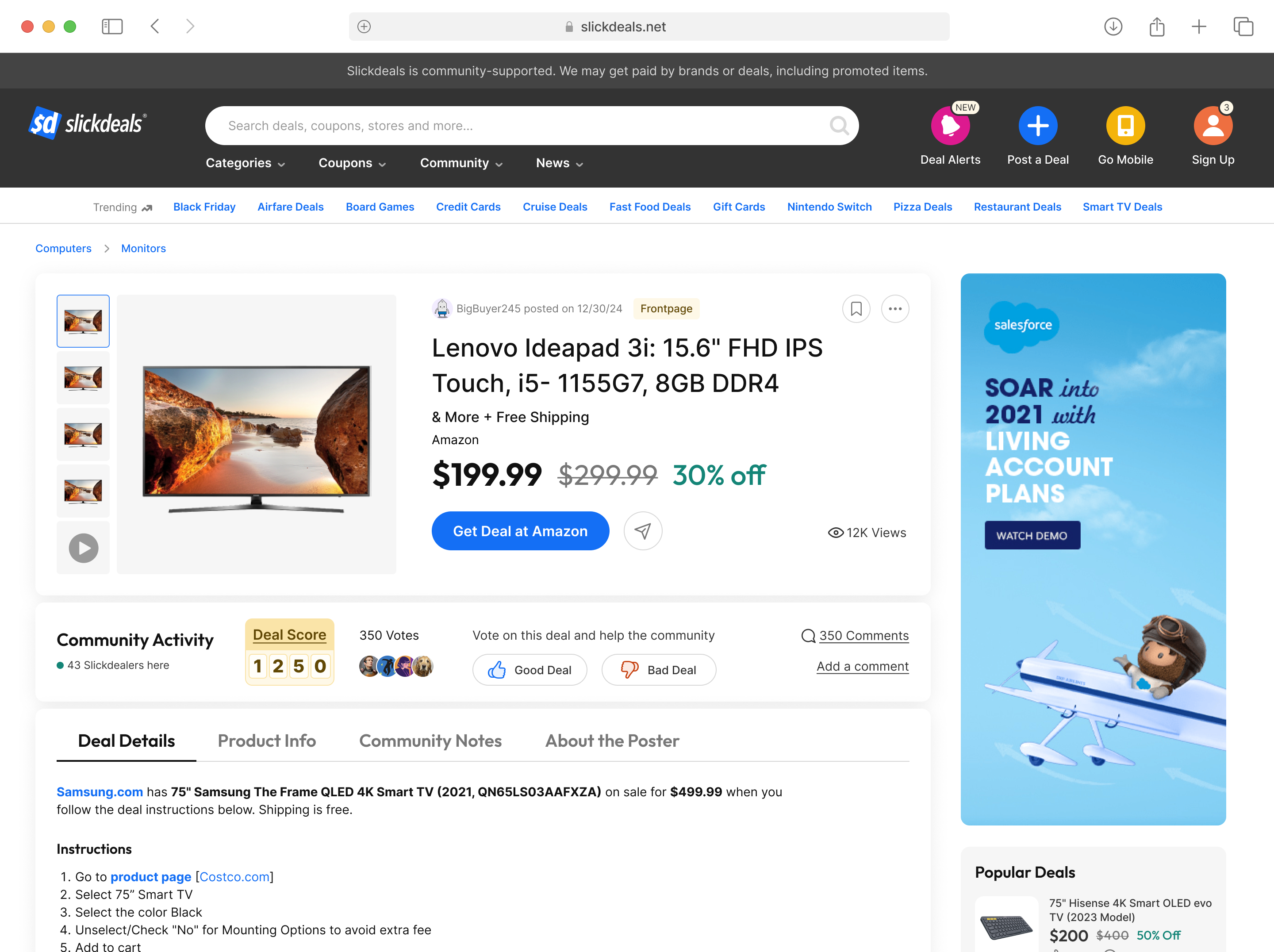
Community Growth Experiments
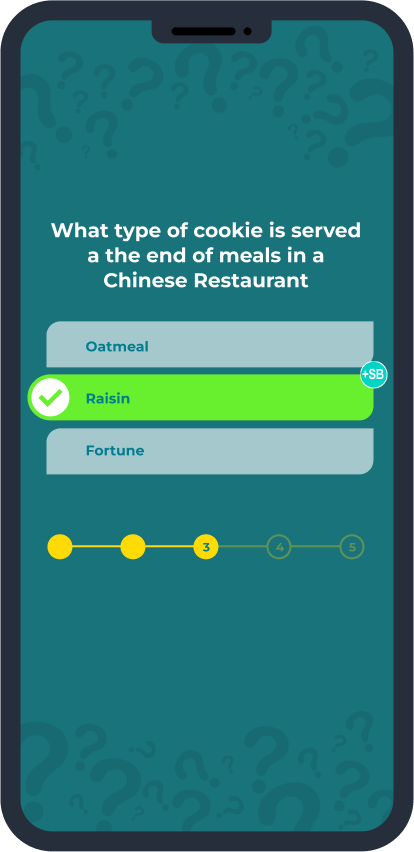
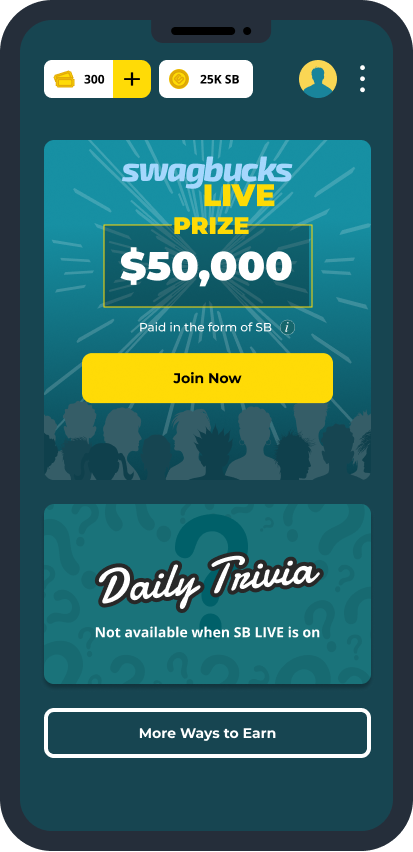
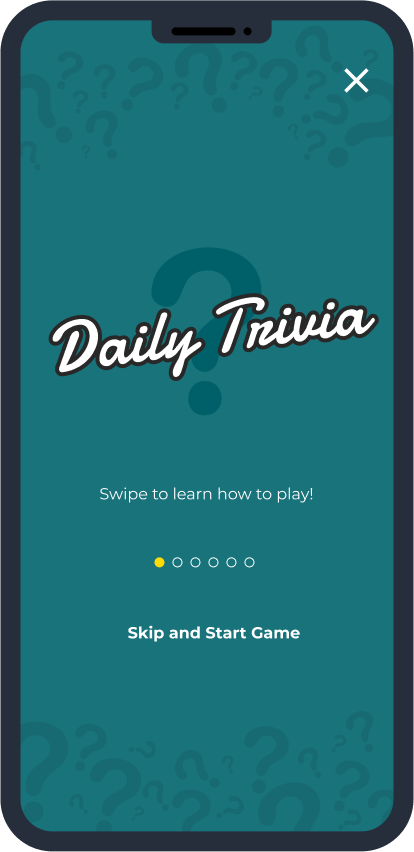
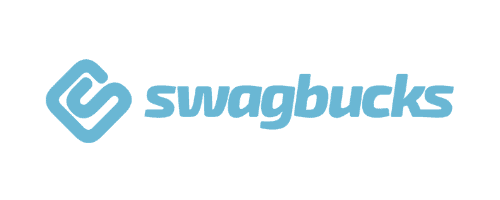
Swagbucks Live Daily Trivia
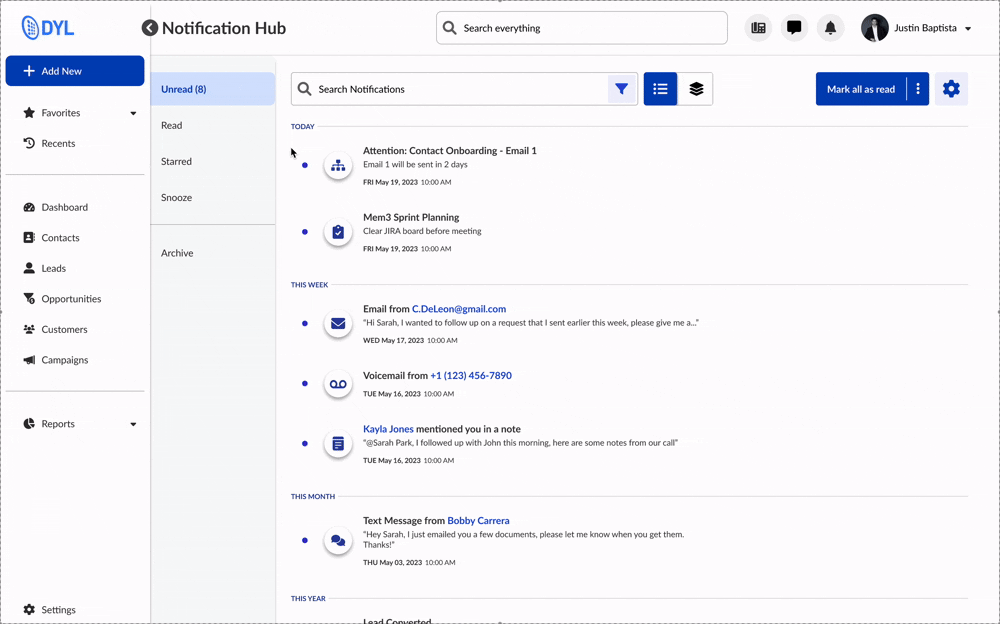
Notifications System


X
Belle Boutique Shopping Experience
Bellemint is a mobile fashion styling game from Muus Collective in partnership with REVOLVE. Players style looks, join daily challenges, vote on other looks, and can buy the real items on REVOLVE and FWRD through an in app shopping flow. I designed the shopping flow from search and discovery to browsing and purchase.
Role
Product Designer
Responsibilities
UX Design
UI DesignInformation Architecture
Timeline
1 Month
Impact at a glance
1.4 million styled looks and $252 AOV upon launch
Challenge
Merging Play and Real World Shopping
This project aimed to merge mobile play with real world shopping.The goal was a single simple path that lets players buy in game items for challenges or the same products in real life, all inside a brand forward experience that feels natural and easy to complete.
Delivery
Clear paths from browse to buy
We set out to surface the best of the community, without the noise. The goal was to design an AI-powered comment summarizer that made it easier to understand the general sentiment, pros, and cons of a deal, so users could make informed decisions quickly.
Belle Boutique Landing Screen
A visual starting point from the shopping tab. It follows familiar ecommerce patterns, spotlights featured sales and collections, and personalizes picks based on recent activity and past purchases

Categories for faster wayfinding
For users who prefer to search or browse by category, the Category tab offers both grid and list views organized by product type. From there, players open a dedicated category page with filters and sorting to narrow quickly.



Brand search for direct intent
The Brands tab lets users explore all REVOLVE/FWRD partner brands in either grid or list view, with the list arranged alphabetically and a jump by letter option for quick navigation. Selecting a brand opens a short partner blurb and the option to favorite it for quick access later. From there, users can choose to shop in game or in real life.




Purchase Flow
I designed the fitting room where users can try garments on their avatar and choose to buy immediately, add items to a shopping bag, or purchase the real garment on REVOLVE or FWRD. For in game purchases, I created the shopping bag and confirmation screen, keeping pricing, rewards, and wallet balance visible so the choice feels clear and informed.



Outcome
Early wins, and a glimpse of what’s possible
At launch, Bellemint saw over 1.4 million styled looks created, with players spending an average of 35 in the app each day. The shopping flow contributed to a $252 dollar AOV on purchases driven from the game to REVOLVE, demonstrating strong engagement and conversion from both in game and real world shopping paths.
Up Next
Thanks for Reading
Thanks for taking the time to read this case study, I hope it gave you a glimpse into how thoughtful design can make AI more useful, human, and trustworthy.
If you're curious to see more, feel free to check out my other case studies:

Slickdeals Search Redesign


Community Growth Experiments




Swagbucks Live Daily Trivia

Notifications System


X
Belle Boutique Shopping Experience
Bellemint is a mobile fashion styling game from Muus Collective in partnership with REVOLVE. Players style looks, join daily challenges, vote on other looks, and can buy the real items on REVOLVE and FWRD through an in app shopping flow. I designed the shopping flow from search and discovery to browsing and purchase.
Role
Product Designer
Responsibilities
UX Design
UI DesignInformation Architecture
Timeline
1 Month
Impact at a glance
1.4 million styled looks and $252 AOV upon launch
Challenge
Merging Play and Real World Shopping
This project aimed to merge mobile play with real world shopping.The goal was a single simple path that lets players buy in game items for challenges or the same products in real life, all inside a brand forward experience that feels natural and easy to complete.
Delivery
Clear paths from browse to buy
I designed the flow from search and discovery to purchase with immersion in mind. Browsing should feel like play. Whether a player is mid challenge or exploring Belle Boutique, the experience invites curiosity, makes comparison easy, and carries momentum into a confident purchase in game or in real life.
Belle Boutique Landing Screen
A visual starting point from the shopping tab. It follows familiar ecommerce patterns, spotlights featured sales and collections, and personalizes picks based on recent activity and past purchases

Categories for faster wayfinding
For users who prefer to search or browse by category, the Category tab offers both grid and list views organized by product type. From there, players open a dedicated category page with filters and sorting to narrow quickly.



Brand search for direct intent
The Brands tab lets users explore all REVOLVE/FWRD partner brands in either grid or list view, with the list arranged alphabetically and a jump by letter option for quick navigation. Selecting a brand opens a short partner blurb and the option to favorite it for quick access later. From there, users can choose to shop in game or in real life.




Purchase Flow
I designed the fitting room where users can try garments on their avatar and choose to buy immediately, add items to a shopping bag, or purchase the real garment on REVOLVE or FWRD. For in game purchases, I created the shopping bag and confirmation screen, keeping pricing, rewards, and wallet balance visible so the choice feels clear and informed.



Outcome
Early wins, and a glimpse of what’s possible
At launch, Bellemint saw over 1.4 million styled looks created, with players spending an average of 35 in the app each day. The shopping flow contributed to a $252 dollar AOV on purchases driven from the game to REVOLVE, demonstrating strong engagement and conversion from both in game and real world shopping paths.
Up Next
Thanks for Reading
Thanks for taking the time to read this case study, I hope it gave you a glimpse into how thoughtful design can make AI more useful, human, and trustworthy.
If you're curious to see more, feel free to check out my other case studies:

Slickdeals Search Redesign


Community Growth Experiments




Swagbucks Live Daily Trivia

Notifications System